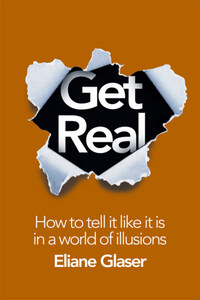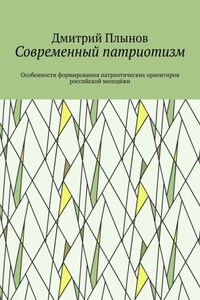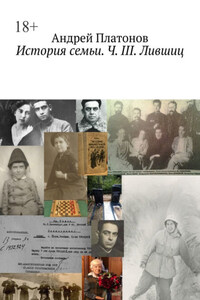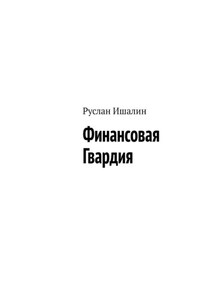Epigraph
A poet’s work is to name the unnameable, to point at frauds, to take sides, start arguments, shape the world, and stop it going to sleep.
SALMAN RUSHDIE, THE SATANIC VERSES
It’s a sunny Sunday morning and I’m popping out to the corner shop with my little son in his pushchair. We are both in a carefree mood. But then I pass a BP petrol station, and I can’t help noticing that it’s bright green. How strange, I think to myself, to see a purveyor of pollution decked out in such an eco-friendly shade. Once inside the shop, I scan the shelves for a nice healthy treat. I’m tempted by tubs of Rachel’s Organic yoghurt, but then remember that they’re made by Dean Foods, the largest dairy company in America; and by Seeds of Change chocolate bars, inconveniently owned by Mars. You’d never know that, I note rather irritably, from the naturalistic, folksy packaging. And as I look for a newspaper to buy I see that the Times front page is sporting the headline ‘Cameron to Give Power to the People’. Is he now, I say to my slightly startled son. That’s a strange way to dress up public-spending cuts. My son’s eyes widen. He’s not yet used to my impromptu political rants. But I have always looked at the world like this. And I’ve always felt a bit critical, as though I was giving the world too much of a hard time. But the way things are going now I feel worryingly justified.
The world I see around me is one in which oil giants advertise their environmental credentials, mass-produced brands are marketed as artisanal and ethical, and a multi-millionaire Old Etonian proclaims the Conservatives the party of the poor. A world in which TV talent shows stage spectacles of against-the-odds success while rates of social mobility drop to pre-1970s depths, Hugh Fearnley-Whittingstall catches wild sea bass while sales of ready meals reach an all-time high, and plus-size models are celebrated by the world’s media while rates of anorexia soar. We have sleepwalked into a world where nothing is as it seems; where reality, in fact, is the very opposite of appearance.
I keep hearing proclamations that we have entered a revolutionary era: of grassroots people power, a new politics, transparency and technological transformation. And of course, in some ways, our world has changed for the better in recent years. There are plenty of grounds for optimism. Across the Arab world, people of all ages and backgrounds have taken to the streets to fight oppressive regimes. WikiLeaks has exposed the machinations of global political elites. Phone-hacking revelations have put a media multinational on the back foot. And yet at the same time, those brave new world fanfares simply do not ring true.
Is it just me, or does it seem as if new remedies are everywhere, but they’re often symptoms of a deeper malady? That despite our obsession with reality, we’re also in the grip of a massive sleight of hand? That we know there is something wrong, but we seem to have lost the intellectual language we need in order to articulate what’s happening?
So many game-changing moments turn out to be fleeting or merely symbolic. Just as people are challenging the power of elites, those elites are speaking the language of people power in order to make even greater advances. World-altering progress is becoming increasingly hard to distinguish from the rhetoric of marketing. Like the Vodafone ad ‘Our Power’, that claimed credit for the Arab Spring, when in fact the company had caved in to Egyptian government demands to shut down its network during the protests there. Vodafone was roundly criticised and denied it had commissioned the ad; but this kind of thing goes unremarked all the time.
I was checking my email recently when Windows Explorer popped up. There was the familiar list of my directories and programs, but several of them were flashing up with those dreaded red crosses. My computer was infected with a virus. The screen was instructing me to download a virus protection program that would solve the problem. But when I Googled the name of the program, I found that it was itself a virus, something called spyware. It had snuck into my computer and replicated my Windows Explorer page; and downloading the program would make things even worse. I went searching on the internet for a genuine anti-spyware program, but how could I be sure that any of those weren’t themselves viruses? Since nobody knows how computers work any more, none of my friends could help. It was like being in a hall of mirrors from which there was no escape: the solution had turned out to be the problem in disguise. I recognised this sensation from somewhere, but I couldn’t quite put my finger on it. Until I realised that I recognised it from the whole of modern life.








